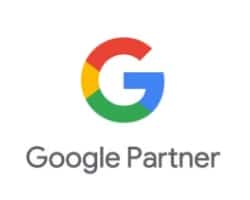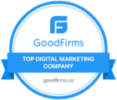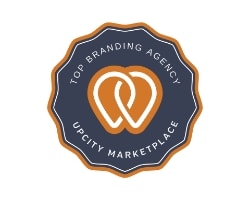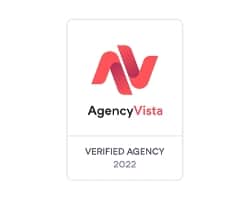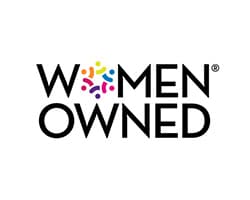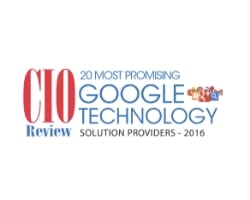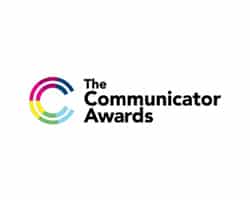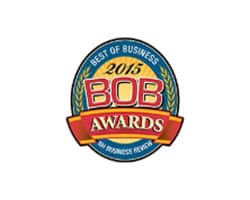Business-to-business (B2B) social media is drastically different than consumer-to-consumer or even business-to-consumer. For example, “you” are not an individual; “you” are an organization or a brand. How you write, when you publish, and what you discuss are ways in which you humanize your business, but it is important to maintain a certain level of professionalism. Social advertising is a powerful way to increase conversions and keep your brand top-of-mind if managed and implemented correctly. If you are on social media and not seeing the return on investment you expected, try incorporating one, some or all of these B2B social media advertising best practices:
1. Create and Maintain a Schedule
Social media is best executed when a six- to twelve-month schedule is determined in advance. This allows content managers to know topics and platforms that will need to be researched and developed well before a draft is due. It also provides a fallback for slow news and events months where a generic topic or retweet will fill the content gap. However, approving a schedule is only step one; setting the standard for sustaining consistent social media advertising is necessary to successfully leverage social platforms. Intermittent Facebook, Twitter, and LinkedIn posts reduce the likelihood of your overall campaign resulting in lead generation and improved audience awareness.
2. Use Paid Social Media
The average Facebook user has more than 150 friends, LinkedIn members at the CEO-level have around 930 connections, and over 500 million Tweets are sent every day. There is a lot of noise on social media, and the only way to ensure your message is being received is to utilize paid social advertising. All three primary B2B platforms (Twitter, LinkedIn, and Facebook) include advertising options that require a low minimum budget. The functionality is similar to that of Google AdWords wherein a user selects their campaign goal, bid strategy, and creative content. The platforms do the rest, and ROI is significantly easier to analyze and improve.
3. Leverage Social Media Targeting
You have no doubt seen the advertisements on social media that are sponsored by brands and promoters you have not explicitly connected with in the past. This is due to powerful social media targeting that allows marketers to tailor their ads to reach you based on your browsing history, social network, and general interests. By targeting both advertisements and boosted posts, you can reach the audience that is most likely to interact with your content and potentially convert in the future.
4. Engage Your Audience
Marketers sometimes forget that social media is a form of two-way communication. Rather than talking at your audience, start a conversation with them. Plan and execute a unique Facebook competition to generate buzz. Run a Twitter poll and learn more about user opinion on your product or service. Start a group on LinkedIn where you can talk with industry members and potential clients. With a strong strategy and innovative content, you can influence your audience to organically build brand awareness.
5. Track and Optimize Social Performance
Most social media platforms include tools for analyzing new followers, interactions, and audience activity. Like any successful advertising tactic, benchmarks should be set for social media advertising at which time the entire campaign is reviewed and improved. Creative should be updated at least every other week and calls-to-action should be rewritten based on the timeline of the campaign (month-long sale starts today vs. last day to buy discounted items). One of the most common ways social media advertising plans fail is set and forget; you activate a campaign and check back at the end to see how it did. Odds are, you missed out on several opportunities to better reach and engage your audience.
B2B social media advertising best practices are complex, and are constantly evolving and adapting to how clients utilize their platforms. If you are struggling to keep up or need holistic social media tips, check out one of our other blogs, 5 Reasons Why Social Media Is Crucial to Your Digital Strategy, and contact Linda Fanaras at Millennium Agency.



